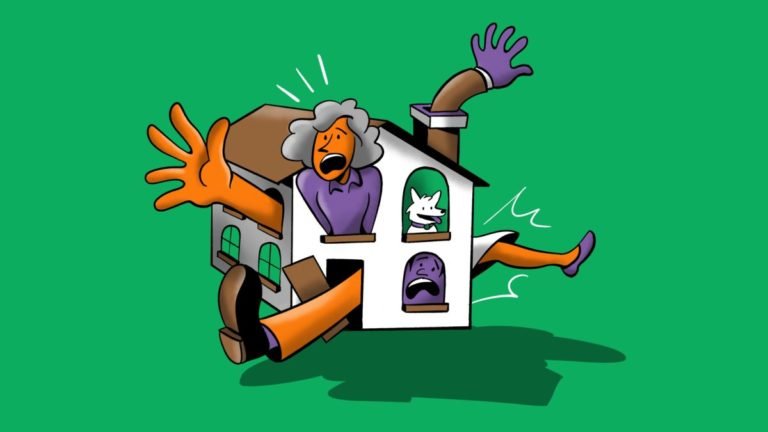The term “Cabin Fever” has recently gained a lot of popularity due to lockdown implemented because of COVID-19. As we are staying home with family or alone, it is important to keep a check on our mental health. This is why being aware of “Cabin Fever” and managing its symptoms is important.
What is Cabin Fever?
It is a common saying that “human beings are social animals’ ‘, therefore staying in isolation, restricted to one place and not meeting people doesn’t come naturally to many of us.
The term “Cabin Fever” was used as an expression in the olden days when people had to stay inside their house due to intense cold and snow. As the pandemic due to Covid-19 unfolded, so did the psychological distress that comes along with cabin fever.
It is important to note that it is not a mental illness or a psychological disorder, although it may reflect some distressing symptoms that may create some confusion. Therefore, it is important to know the symptoms of cabin fever.
Symptoms:
- Restlessness
- Lack of patience
- Lack of motivation
- Irregularity in sleeping patterns
- Sadness
- Irritability
- Hopelessness
- Decreased motivation
- Lethargy
- Inability to work and concentrate
It is important to note here that these symptoms may differ from individual to individual. Also, sometimes these symptoms are short-lived and in some cases they might be more stressful and lasting than others. Seeking help, if needed, should be an option to always consider.
You may find a list of experts providing online therapy at MHT Directory.
Coping Strategies for Cabin Fever:
1. Spend Time in the Nature
It is well proven by research that spending time, approximately 20 minutes, in nature can alleviate stress and improve your mood. This is the most helpful strategy to keep Cabin Fever symptoms at bay. Walking, cycling or just spending some time in the park or garden is highly recommended. Indulge in gardening activities if you can.
2. Socialize Virtually
Thanks to technology, we can maintain easy contact with our dear ones. With the help of apps such as Skype, Whatsapp and Facebook, getting in touch with friends and family is just a click away. You may also maintain a virtual hobby such as book reading or music composition with your friends.
3. Maintaining a Routine
Most of us have been brought up by following a routine. It has become our habit to follow a routine. Therefore, when we dont follow this habit it can create some anxiety as well as stress for many of us. Sit and plan a not-so-exhaustive routine, with some productive, physical and creative activities, for yourself and try to follow it in order to minimize symptoms of cabin fever.
4. Practise Mindfulness
Research studies have found mindfulness has positive psychological effects, including increased subjective well-being, reduced psychological symptoms and emotional reactivity, and improved behavioural regulation (Research by ShiKeng et al., 2011).
Learn about practising Mindfulness here.
5. Volunteer Your Help
It is a difficult time for humanity as we experience an unprecedented series of events. There is so much that one can offer to society. From feeding the poor to writing motivation blogs, one can offer their support in many ways. Try to find how you can volunteer your time and support during this pandemic. Altruism has a positive effect on our mental health.
The last and the most important thing to specify here is that Cabin fever can happen to anyone and everyone. Keep in close contact with your friends and family. Seek help if necessary. It is a difficult time in many ways and none of us have ever been prepared for this before. Take it easy on yourself and try to seek help if necessary.
Sources:
https://www.healthline.com/health/cabin-fever#what-helps
https://psychcentral.com/lib/coping-with-cabin-fever/


